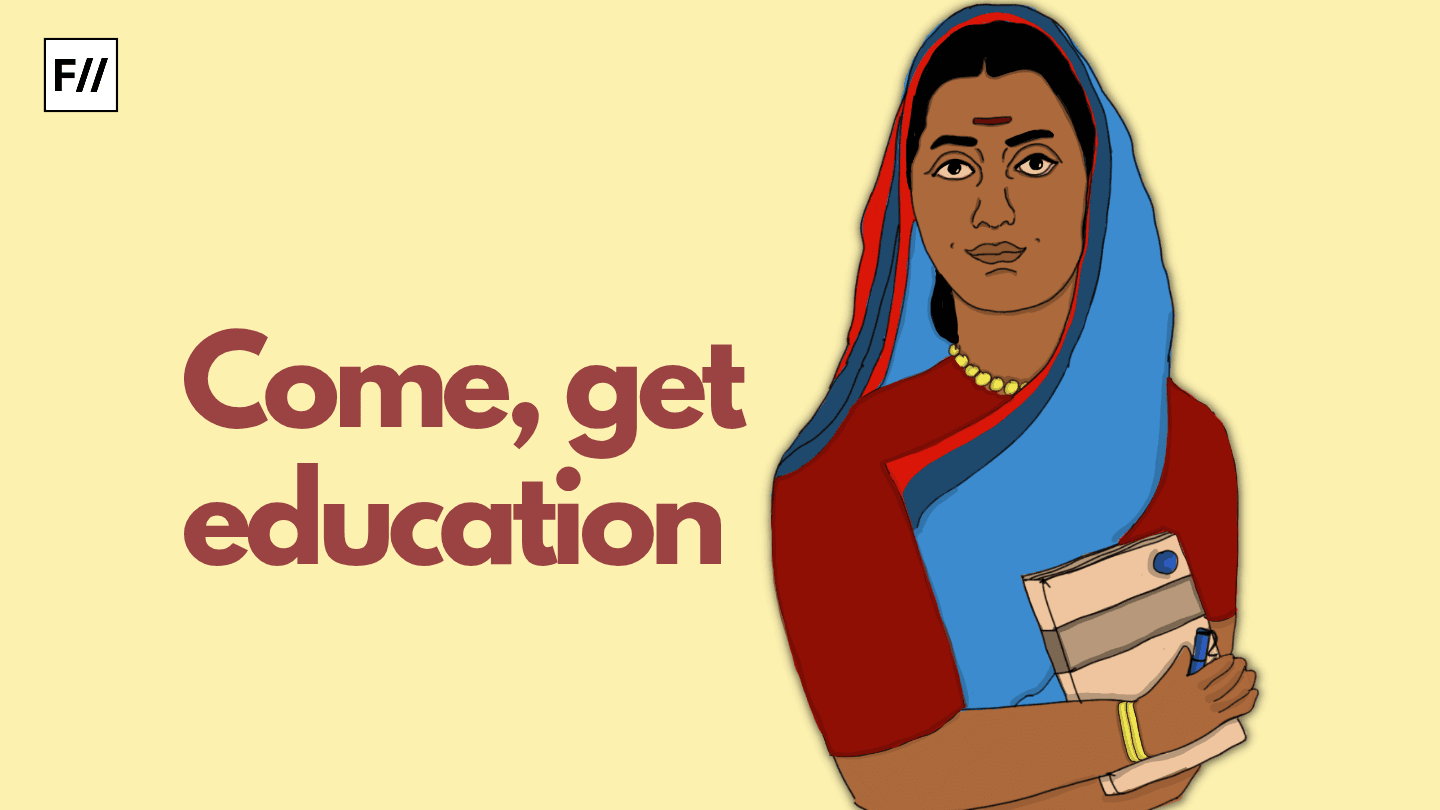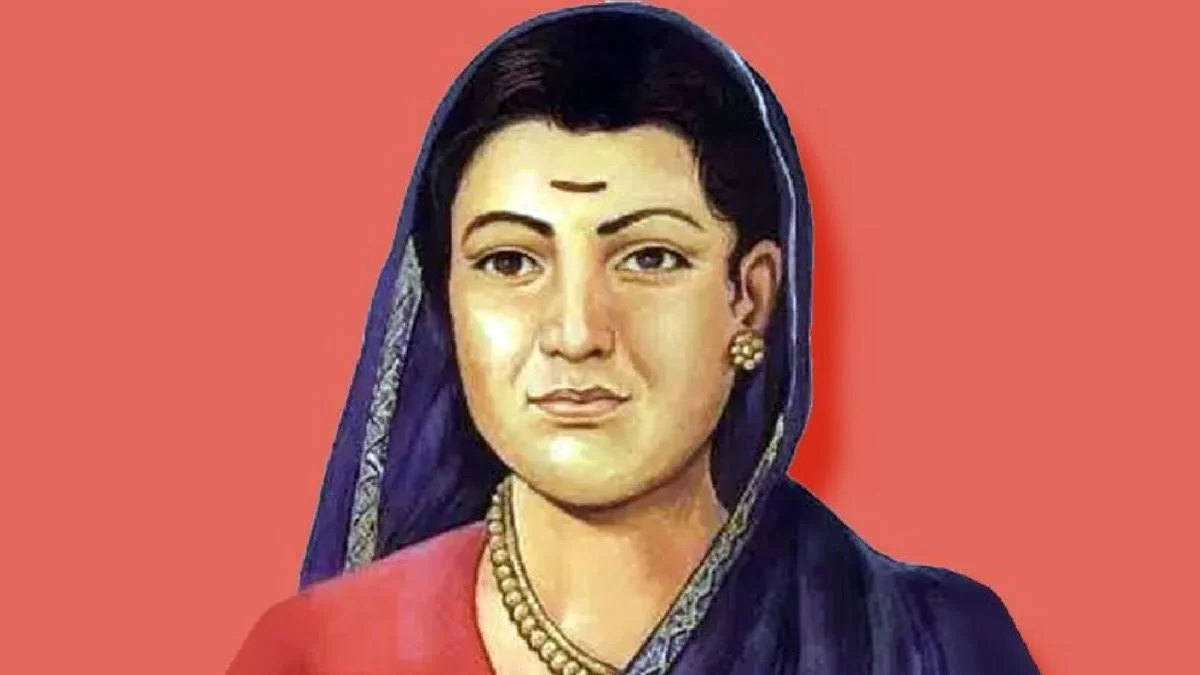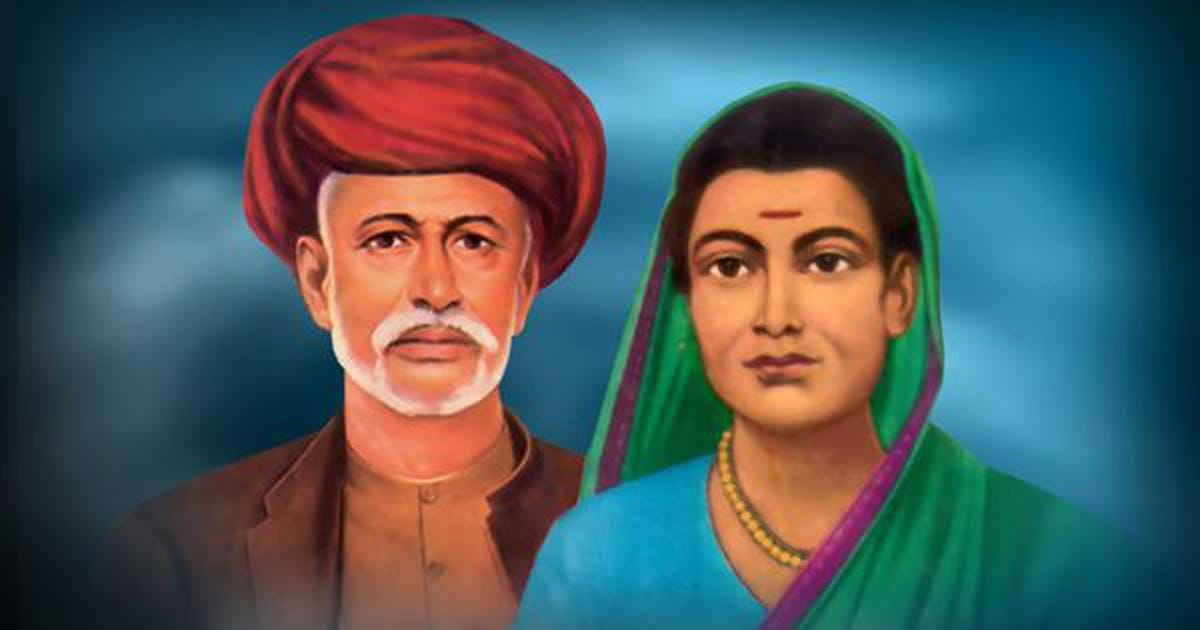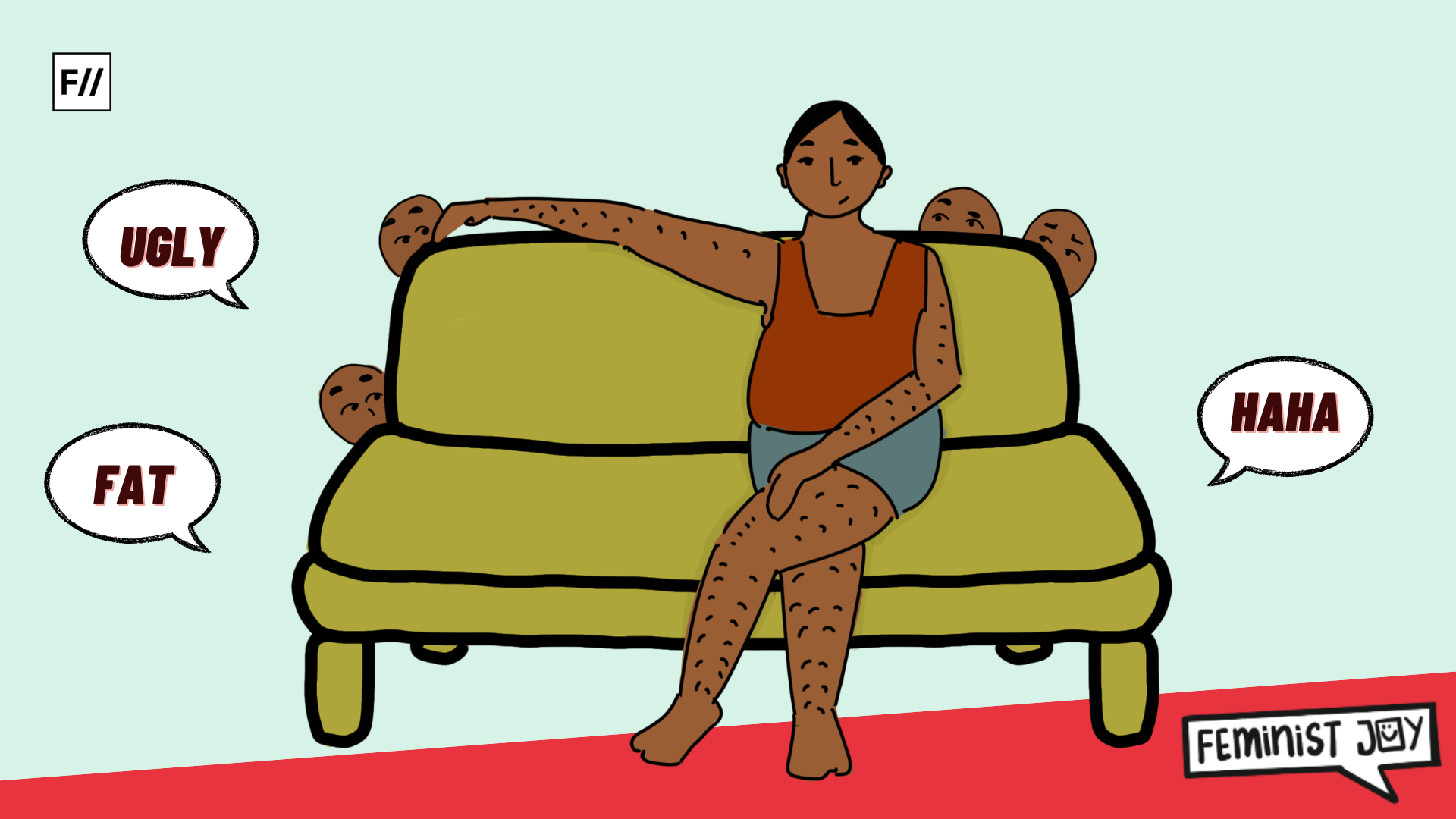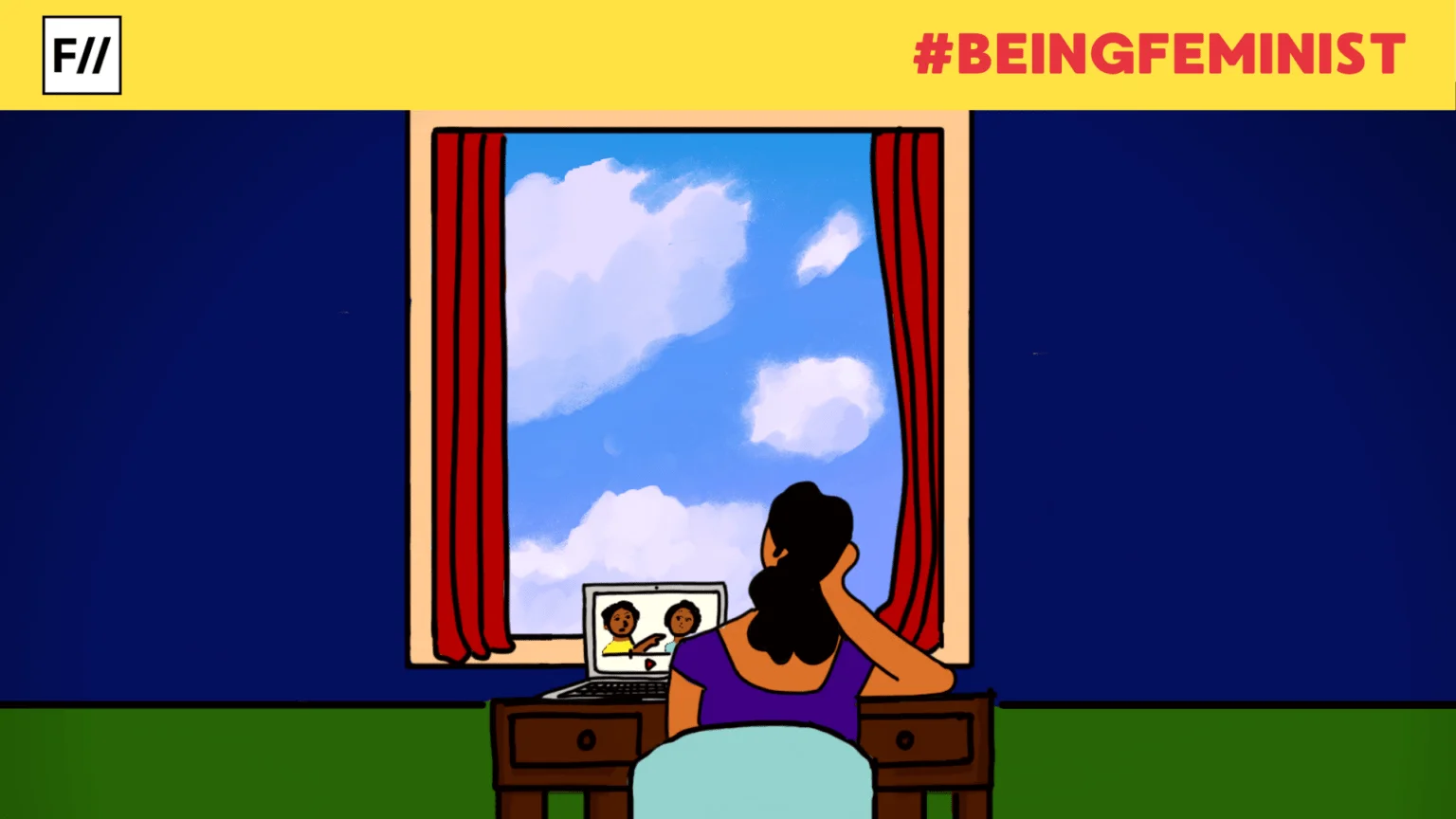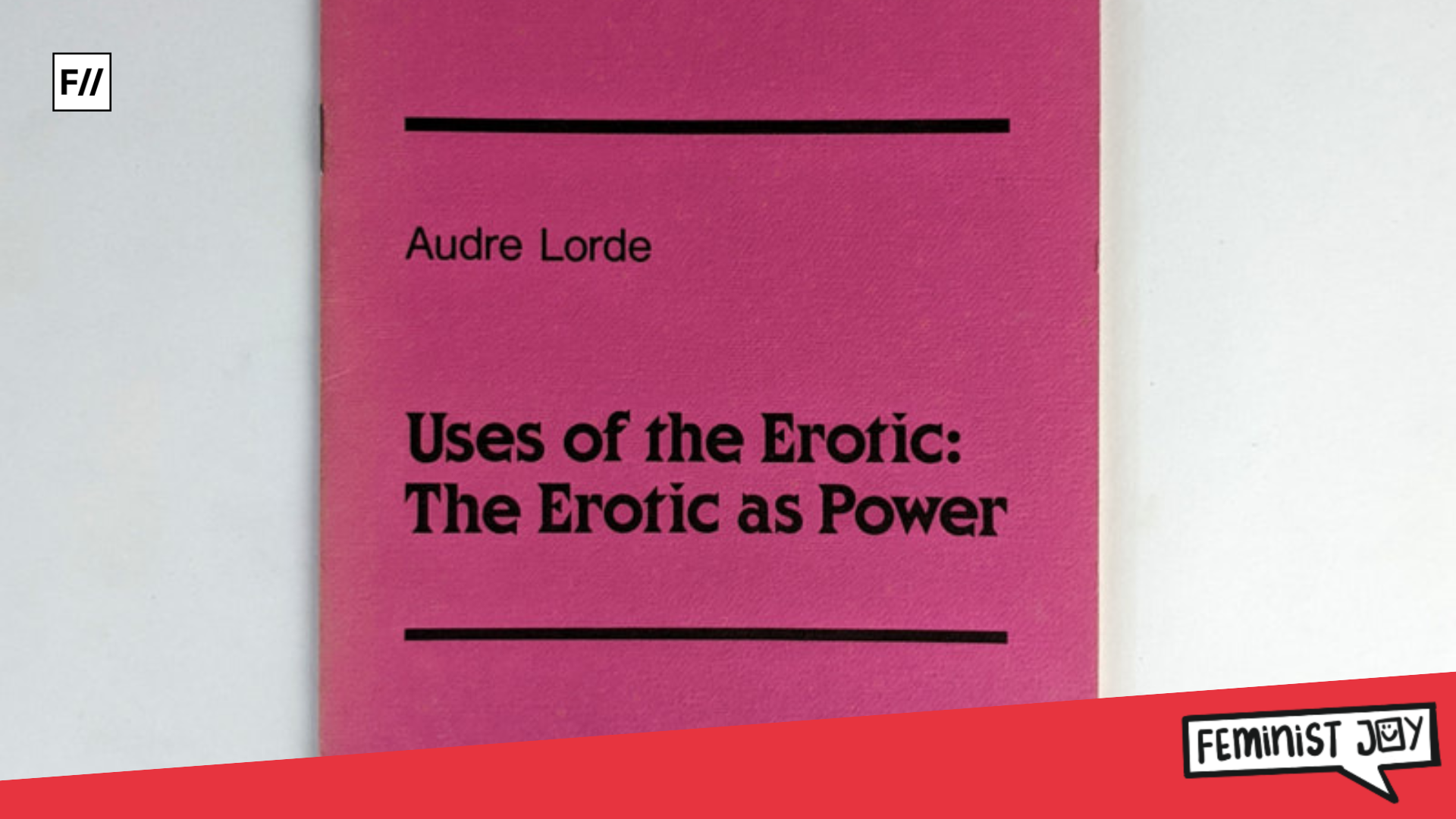Savitribai Phule is one of India’s most important figures, rightfully called the country’s first feminist. As India’s first woman teacher, she dedicated her life to ensuring that education became a tool of empowerment for those historically denied access to social mobility—Dalits, Shudras, and most importantly women. With her husband, Jyotirao Phule, she worked to challenge the oppressive structures of caste and patriarchy, laying the early seeds for equality, feminism and anti-caste activism in India.
With her husband, Jyotirao Phule, she worked to challenge the oppressive structures of caste and patriarchy, laying the early seeds for equality, feminism and anti-caste activism in India.
For me, reading Savitribai Phule’s work as a Dalit was not just an act of education; it was a deeply personal and introspective journey of confronting my own shame and inculcating within me a sense of pride with regards to my caste identity.
Savitribai’s revolutionary life
Savitribai Phule was born into a Mali family in 1831. Her journey began when she was married at the tender age of nine to Jyotirao Phule. What is particularly interesting is how this personal relationship transformed into a revolutionary partnership that would challenge the very foundations of Brahmanical patriarchy and widespread oppressive societal norms of the time.
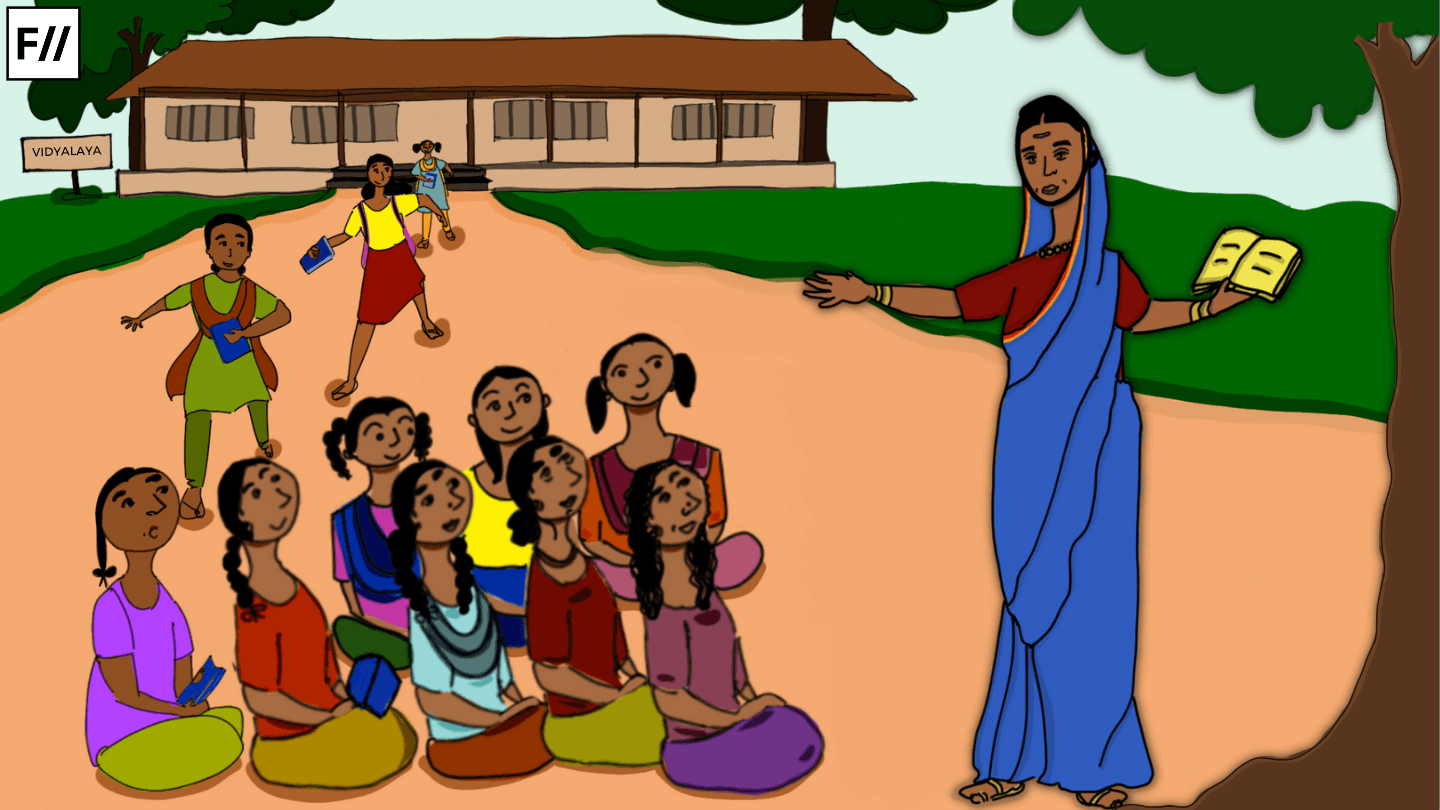
She learned to read and write alongside her husband. At a time when women, let alone someone from a lower caste, were barely treated as humans worthy of respect or dignity, Savitribai did what was considered unthinkable for women– she became India’s first female teacher. When upper-caste men threw cow dung and stones at her as she walked to her school, she carried an extra sari, changed and continued teaching. Such was the unwavering strength and resilience of her character.
Her work went far beyond education. She and Jyotirao created a safe-haven for widows and outcast women, a radical act in a society that treated them as subhuman. Through her literary works and activism, Savitribai challenged the innate inequalities of her time and worked to build a society where education could help emancipate the marginalised and downtrodden.
Reading Savitribai in today’s time
My journey with Savitribai Phule’s writings began like many others– through passing mentions in textbooks, streets named after her, a few posts about her that one would come across on her birth anniversary and nothing more. It wasn’t until I delved deeper into anti-caste literature that I truly understood the profound power of her works and ideas and the lasting impact it had in laying the foundation for anti-caste activism and feminist thought in the Indian subcontinent.
Being Dalit in India is to live with a constant sense of contradiction. You are told you are equal, but treated like you’re not.
Being Dalit in India is to live with a constant sense of contradiction. You are told you are equal, but treated like you’re not. Sometimes, it’s explicit. Other times, it’s subtle but unmistakable. One google search and you can see numerous reports of your people being harassed and harmed every day across the country. Either way, it leaves you questioning your place in this landscape.
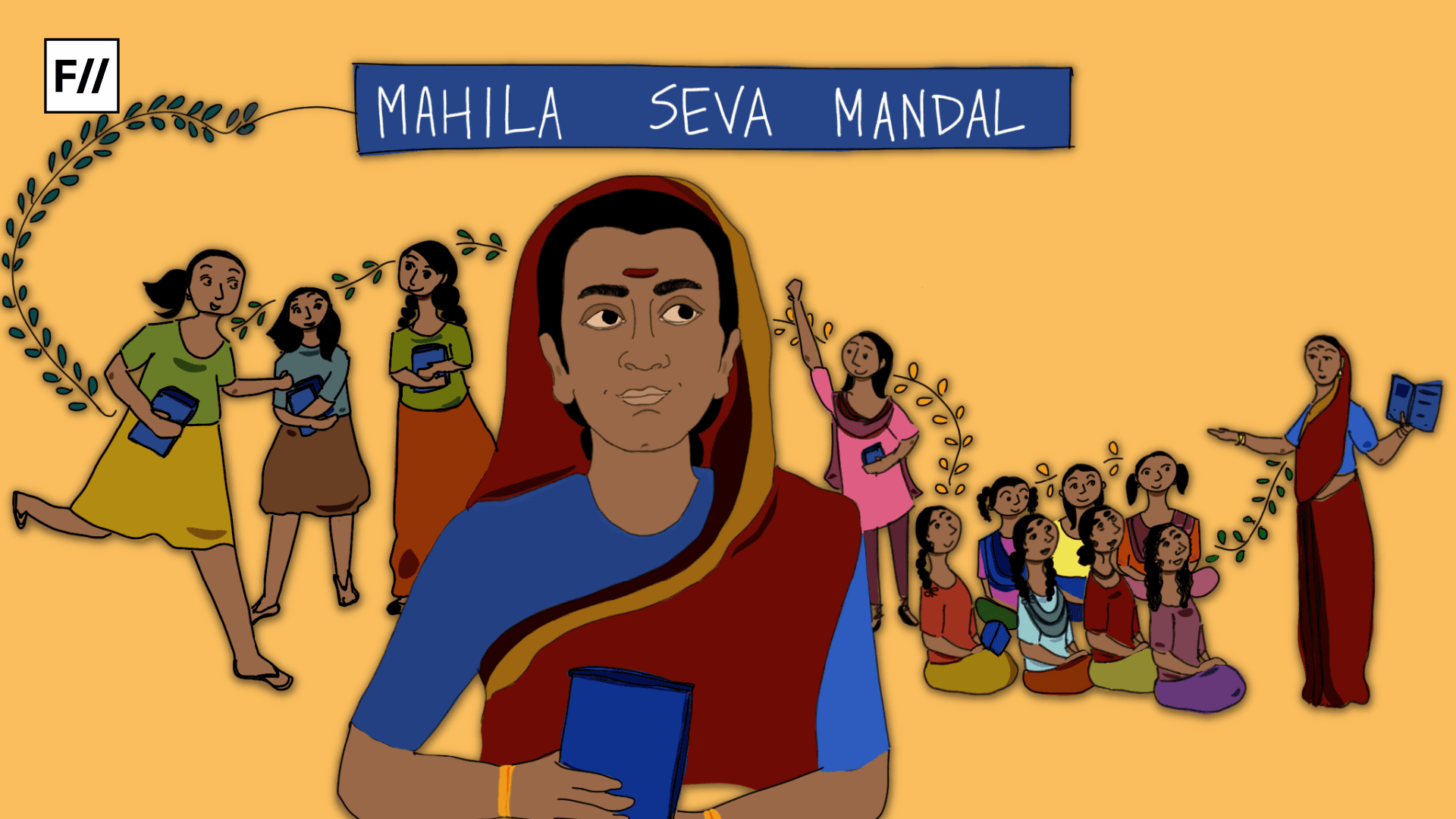
But Savitribai’s words brought forth a sense of pride in my identity and rightful anger at the injustice woven into our history. Here was a woman, a Dalit woman, who made a space for herself, published works at a time when women were barred from even speaking up and worked tirelessly to lift others like herself up. Here was a woman who did not just educate herself, but mentored others to liberate them from an oppressive caste system.
In a poem by Savitribai Phule titled So Says Manu:
“Dumb are they
who plough the land,
Dumb are the ones
who cultivate it”,
So says Manu.
Through religious diktats,
The Manusmriti to the Brahmin tells,
“Do not your energy, on agriculture, waste!”
“Those born as Shudras,
All these Shudras!,
Are paying in this life,
For the sins of their past lives”
Thus they create
A society based on inequality,
This being the inhuman ploy,
Of these cunning beings.
She critiques the inherent dogma of the Manusmriti, hitting back ruthlessly at the caste system and demanding to be heard.
Take The Plight of the Shudras:
Haunted by ‘The Gods on Earth’,
For two thousand years,
The perpetual service of the Brahmins,
Became the plight of the Shudras.
Looking at their condition,
The heart screams its protest,
The mind blanks out,
Struggling to find a way out.
Education is the path,
For the Shudras to walk,
For education grants humanity
freeing one from an animal-like existence
She isn’t just describing a history of oppression but naming a reality that still lingers in our lives today.
She isn’t just describing a history of oppression but naming a reality that still lingers in our lives today. The generational trauma that is inflicted upon the minds of Dalits following thousands of years of oppression and subjugation is what keeps them bound to the same system that oppresses them. Savirtibhai understood the role of education in liberating oneself from such a system.
Education as a means for liberation
For Dalits, education has always been both, a space of humiliation and ray of hope at the same time. But Savitribai believed in the power that education possessed. She didn’t see it as merely a tool for employment but as a weapon to dismantle caste and gender hierarchies.
Her words continue to challenge and inspire:
If you have no knowledge, have no education,
And you yearn not for the same,
You posses intellect but work not on the same,
How then can you be called a human being?
Or in Go, Get Education:
Be self-reliant, be industrious
Work, gather wisdom and riches,
All gets lost without knowledge
We become animal without wisdom,
Sit idle no more, go, get education
End misery of the oppressed and forsaken,
You’ve got a golden chance to learn
So learn and break the chains of caste.
Throw away the Brahman’s scriptures fast.
Her vision of education wasn’t just about one’s own intellectual development. It was about collective liberation. She understood that without education, the oppressed could never challenge their oppression. This belief feels as radical today as it must have in her time.
Reading her works forced me to confront uncomfortable questions about my own relationship with education. As I moved through academic spaces, from school to college, how often did I internalise the very hierarchies that Phule and numerous others like her fought against? The journey of decolonising my mind of internalised casteism has been as much about unlearning as it has been about learning.
Why her fight is still relevant today
Savitribai’s fight for education and equality wasn’t just about her time. Despite 77 years of Independence, caste-based discrimination is far from gone. In schools across India, Dalit children are still made to sit separately. They’re still ostracised by their peers, still treated as lesser, denied the dignity and respect that any human being deserves. Just in the past week, a Dalit student in Haryana died by suicide over harrassment by college authorities. A few days before that, another Dalit minor boy killed himself after allegedly facing severe harassment in his village in Uttar Pradesh. The details of the horrifying incident are too graphic and heartbreaking for me to recount here.
Caste discrimination is still rampant in this country. Dalit women, in particular, are at the crossroads of caste and gender and hence face a double burden.
Caste discrimination is still rampant in this country. Dalit women, in particular, are at the crossroads of caste and gender and hence face a double burden. According to recent surveys, the literacy rate among Scheduled Castes remains lower than the national average. With a 56.5% literacy rate among Dalit women, only 23% completed college education. These aren’t just numbers—they’re a constant reminder of how much work remains to be done.
Reading Savitribai, one can understand how ahead of her time and progressive her ideas were. She understood that education isn’t just about individual success—it’s about building a society where everyone has the chance to dream and thrive. Education is the only way for emancipation of an oppressed society, an idea that would be echoed by Ambedkar years later when he said, ‘The progress of any society depends on the progress of education in that society.‘
Carrying her legacy forward
So, what does it mean to honor Savitribai today? It’s about more than just remembering her. It’s about living up to her values. It’s about speaking up, even when it’s uncomfortable. It’s about mentoring Dalit students, supporting Dalit women and fighting for an education system that’s not just inclusive but also empowering. It’s about bringing to the limelight stories of the marginalised and oppressed who live in the shadows.
It’s also about pride. About reclaiming a history that’s often erased or ignored. It’s about understanding your place in this society divided and built upon a history so ravaged by casteist and patriarchal norms.
Her legacy isn’t just something we look back on; it’s something we carry forward. It’s in every Dalit child who walks into a classroom. It’s in every woman who refuses to back down and stands her ground. And it’s in every one of us who believes that a better, equal world is possible—because she believed it. And if she can work for it, so can we.
